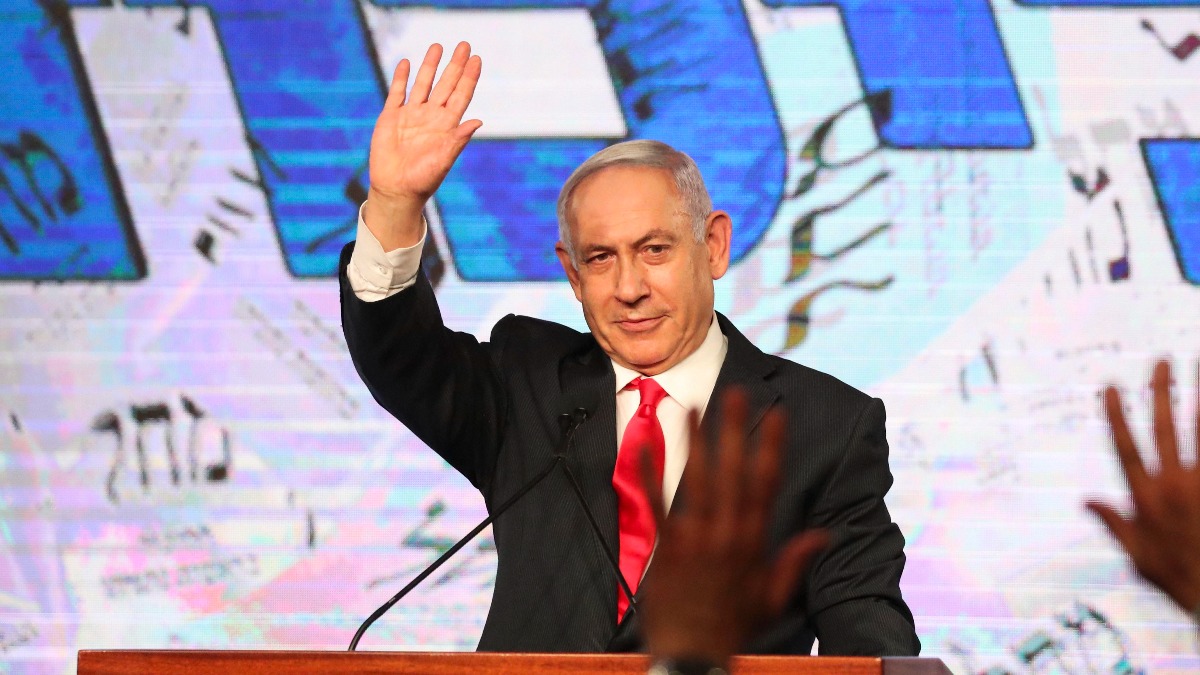The ongoing conflict between Israel and Hamas has now amplified with the rising threat of another war in the Middle East. On April 14th, Iran launched an attack on Israel. This attack was in retribution for the April 1st assault on its consulate in Damascus, Syria, for which Israel was held accountable by Iran.
The Iranian military states that its objective has been fulfilled and no further assaults are necessary. However, Iran also claims that should the US or Israel initiate any actions, they will retaliate with full force.
On the other hand, Israel asserts that it successfully intercepted 99% of Iran’s missiles and drones. Israel also believes that it will exact the full price in due time for these attacks.
Will Israel strike Iran? If they do, when and how will it occur? Such decisions are made by the War Cabinet. According to Israeli media, the War Cabinet is in favor of retaliating against Iran, but consensus on the timing and method of such an operation has not been reached.
What is the War Cabinet?
Following an attack by Hamas, a 'Unity Government' was formed in Israel on October 7th last year, including opposition leaders.
One of the pivotal conditions for the formation of this government was the creation of the ‘War Cabinet,’ purposed with strategizing for the conflict against Hamas in Gaza.
The War Cabinet consists of three key members: Prime Minister Benjamin Netanyahu, Defense Minister Yoav Gallant, and opposition leader Benny Gantz. Additionally, Gadi Eisenkot and Ron Dermer have been included as observers.
- Benjamin Netanyahu:
The leader of the Likud Party, Netanyahu has been dominant in Israel's political realm for the past 15 years. He served as Prime Minister from 1996 to 1999 and then from 2009 to 2021. In 2022, he was once again elected Prime Minister and has held the position since.
- Yoav Gallant:
A member of Netanyahu's party and the current Defense Minister of Israel. Gallant also served as a general in the Israeli Defense Forces. After retiring from the military, he entered politics in 2015 and joined Netanyahu's Likud Party in 2018.
- Benny Gantz:
Former Chief of the General Staff of the Israeli Defense Forces. Under Gantz's leadership, in 2014, the IDF conducted a ground operation in Gaza. He is considered Netanyahu's main adversary. Gantz joined Israel's Unity Government following an attack by Hamas on October 7th.
- Gadi Eisenkot:
An opposition leader and former Chief of Staff of the Israeli Army. During his tenure as Chief of Staff, the Israeli military intensified its attacks on Syria and thwarted Iranian-backed forces from seizing territory near Israel’s borders.
- Ron Dermer:
Counted among Netanyahu’s closest advisors, Dermer served as Israel's ambassador to the United States. He is also known for his efforts to normalize relations with Saudi Arabia and contain Iran's nuclear program.
What Does the War Cabinet Do?
The War Cabinet, established post-confrontation with Hamas, plays a crucial role in forming wartime strategies. While there are only five official members, other ministers and key military personnel also participate in War Cabinet meetings.
Although there are no specific laws in the Israeli constitution that define the powers of the War Cabinet, its influence is undeniable. It decides the when and how of assaults. If a ceasefire needs to be declared, it too must receive War Cabinet approval.
In light of tensions between Iran and Israel, the future appears uncertain. With strategic decisions hinging on the pivotal deliberations of Israel's War Cabinet, the world watches closely, anticipating their next move.




